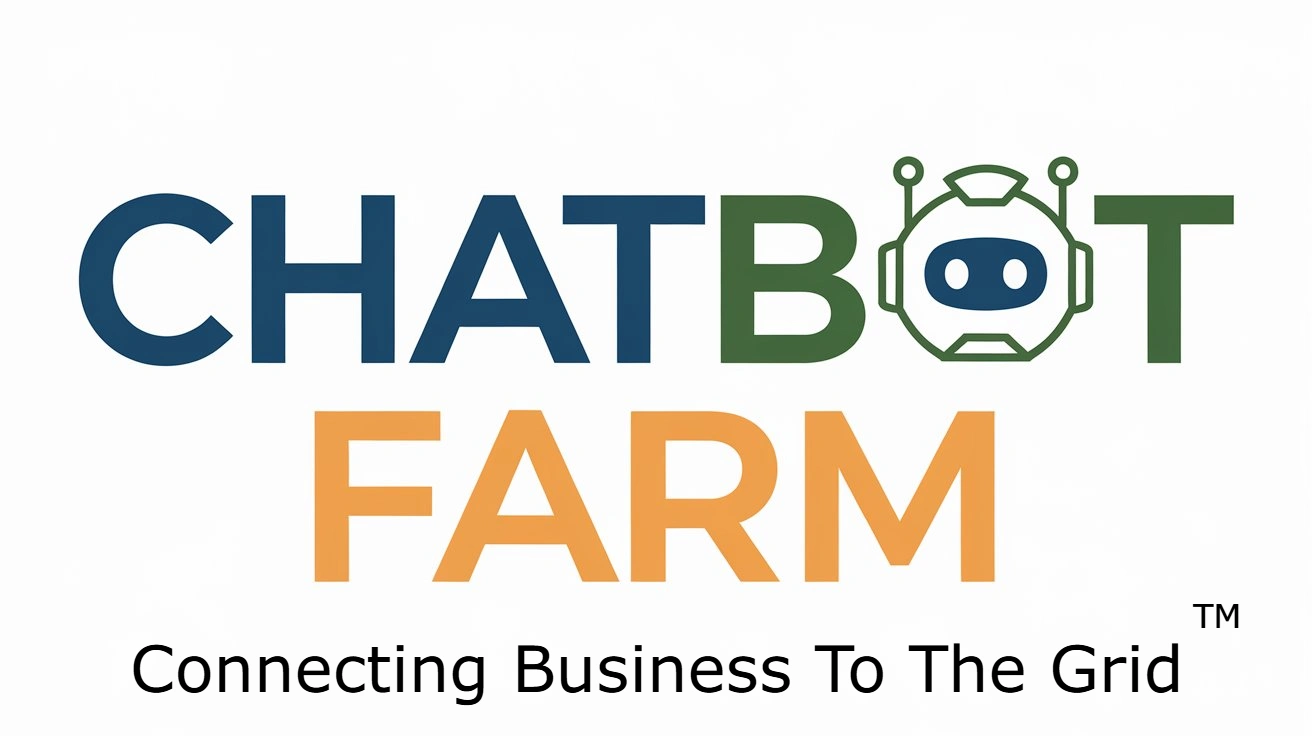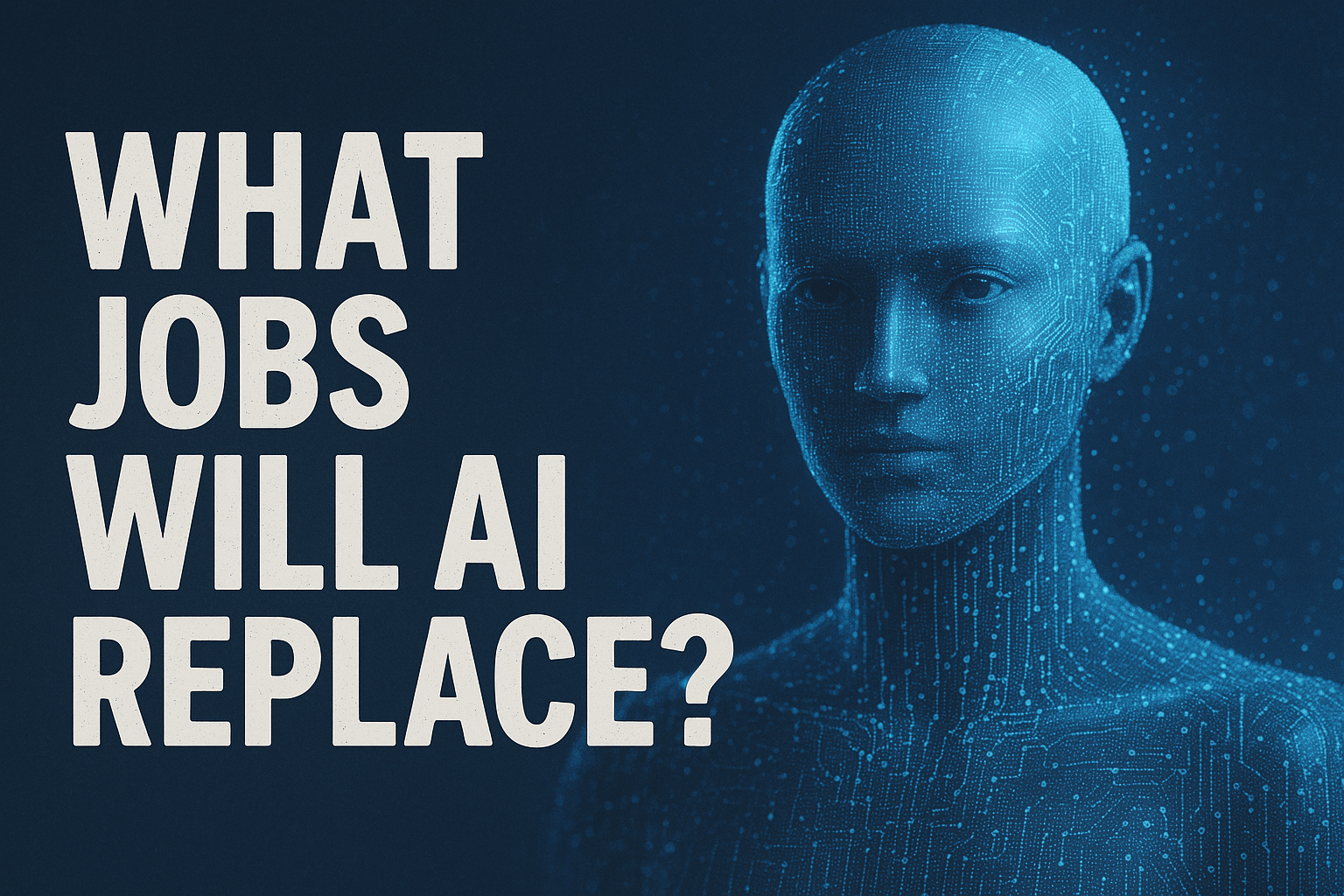What jobs will AI replace? That question is no longer hypothetical—it’s becoming urgent. Corporations are rolling out AI agents under the friendly premise of “assisting employees.” But behind the user-friendly dashboards and optimistic messaging, there’s a clear endgame: full automation. Companies are actively developing employee digital twins—AI systems that mimic workers based on their daily tasks, emails, and habits. This shift means that many roles are not being enhanced—they’re being replicated.
Just two years after the public release of OpenAI’s tools, we’re witnessing rapid transformations across industries. The list of jobs at risk keeps growing. Clearly, understanding what careers AI will replace has become essential.
AI’s Impact: Which Industries Have Already Been Transformed?
Artificial intelligence has already taken over essential roles in many sectors. These industries are seeing both partial and full job displacement:
Customer Service
AI voice bots now handle Tier 1 support, appointment scheduling, and follow-ups. Customers often cannot tell they’re speaking to a machine. Many entry-level call center jobs have already disappeared.Sales and Marketing
AI-generated sales emails, ads, and even voice-based cold calls dominate the landscape. As a result, companies are eliminating many inside sales roles and outreach marketing positions.Finance and Accounting
AI handles bookkeeping, budgeting, and expense reporting. In turn, mid-sized businesses have replaced many finance roles with automation overseen by just a few supervisors.Legal Services
Tools that review contracts, draft legal documents, and summarize case law now perform tasks once assigned to paralegals and junior legal assistants. In many firms, these roles have already been removed.Healthcare Administration
AI schedules appointments, handles billing, and manages patient intake. Consequently, administrative support staff such as receptionists and billing coordinators are disappearing quickly.Recruitment and Human Resources
AI screens resumes, schedules interviews, and even conducts preliminary assessments. Human recruiters primarily conduct only the final-round interviews now.
What AI Tools Are Companies Deploying Now?
These aren’t theoretical concepts—corporations are integrating AI into daily operations. The shift from augmentation to replacement is no longer subtle.
Digital Twins Mimic Employees
Digital twins replicate how employees work. These AI systems analyze task patterns, communication habits, and workflows. Once trained, they manage tasks such as scheduling, report generation, and routine responses without requiring human intervention. In essence, they don’t assist employees—they become them.
AI Replaces Sales Reps
AI-driven agents now manage leads, generate outreach messages, and follow up with prospects using natural language. With voice cloning, they engage customers conversationally. As a result, businesses rely less on human sales representatives.
Workflow Automation Takes Over Management
Companies increasingly use AI to assign tasks, track performance, and manage deadlines. These systems perform many responsibilities once handled by middle managers. Consequently, a growing number of supervisory roles are being phased out.
Voice Cloning Powers Client Services
Firms use AI-generated voices trained to mirror real people. These clones conduct support calls and handle consultations. Clients may not notice the change, but for the employee who once had that role, the impact is unmistakable.
Why Employees Must Pay Attention
Although marketed as assistants, these systems are trained on human workflows. They don’t just make tasks easier—they learn how to take them over. If your daily responsibilities involve predictable routines, AI might already be preparing to take your place.
What Professional Roles Will AI Replace Next?
Some believe high-paying and knowledge-intensive jobs are immune. Unfortunately, this belief no longer reflects reality. AI is rapidly scaling the skill ladder:
Writers and Content Creators
AI creates articles, marketing materials, and scripts. Human writers in many organizations now work mostly as editors.Software Engineers
AI writes, debugs, and optimizes code. Junior and even mid-level developer roles are shrinking as automation advances.Accountants and Auditors
AI performs budgeting, compliance checks, and financial forecasting. Consequently, fewer professionals manage more work.Legal Analysts
AI now handles case summaries, document reviews, and research. As a result, entry-level legal roles are becoming redundant.Medical Imaging Specialists
Diagnostic AI systems evaluate scans more quickly and accurately than human experts. Radiologists and dermatologists are already feeling this shift.Project Managers and Supervisors
Automated systems monitor project status, issue reminders, and coordinate tasks. These systems increasingly handle what used to be human-led team management.
Final Thoughts: Recognizing Which Jobs AI Will Replace
AI no longer merely assists workers—it frequently replaces them. Businesses deploying these tools aim to reduce costs, not just boost efficiency.
So, what jobs will AI replace? The answer increasingly includes any task-oriented role built on repetition, data input, or standardized decisions.
Digital twins are real. They are learning from your work. And eventually, they could step into your job.
Stay ahead of the curve. Adapt your skills. Because the future of work isn’t just approaching—it has already arrived.

